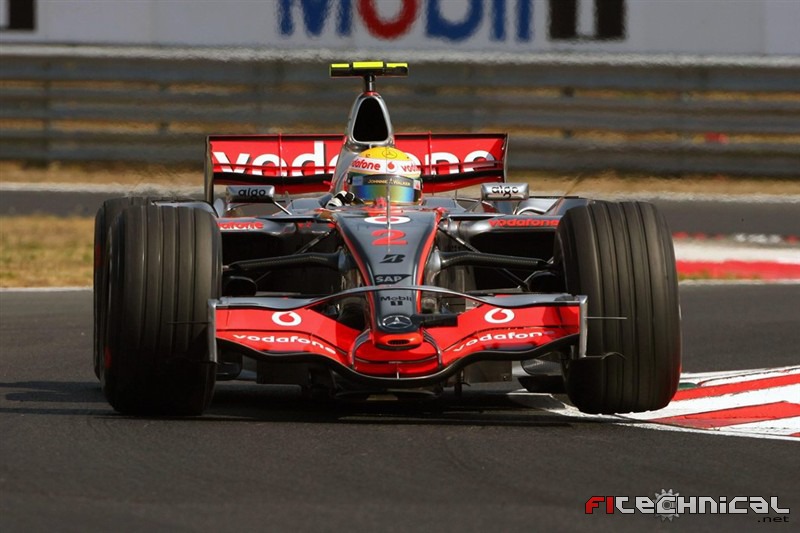I'll give my few cents, as an automatic control man

Regarding what kind of control loop TCS might be, I see no reason why it wouldn't be feedback - feedforward - or, in terms used in discussion, both reactive and preventive. Actually, depending on what kind of control strategy and goal (i.e. what kind of cost factor we are optimising) and how much independence control algorithm will be allowed, You may get closer or further to the optimal solution. I must disagree with an argument about changing conditions - at F1 level it would be an insult to assume that the engineers doesn't know how to implement adaptive control... The GPS example, was a typical gain scheduling (simplest ;p) adaptation technique.
Let's for example theoretically say they use MV controller in the ACS algorithm. If it's implemented properly, assuming the object is observable and steerable, and the structure of the indentified model is rather more than less proper, it will produce a grip utilisation as close to 100 percent as it is mathematically possible, given the sample rate. And that would mean a lot faster than even the fastest driver.
Obviously, TCS can be made to achieve very different goals and time benefit (or loss) is only a matter of a proper system desing and implementation.
Ultimately, really good software/hardware combination simply have to be faster than even the fastest driver. Especially, if the software could autonomously control with all that is available to the driver (pedals, steering wheel, even body mass transfer).
However, that is thankfully not the case

And my conclusion is - TCS suited to a driver and properly made to aid when human body limitations are causing the gap from the optimal speed, and used as a tool in hands of a driver with good understanding of it, just HAVE to produce better results.

